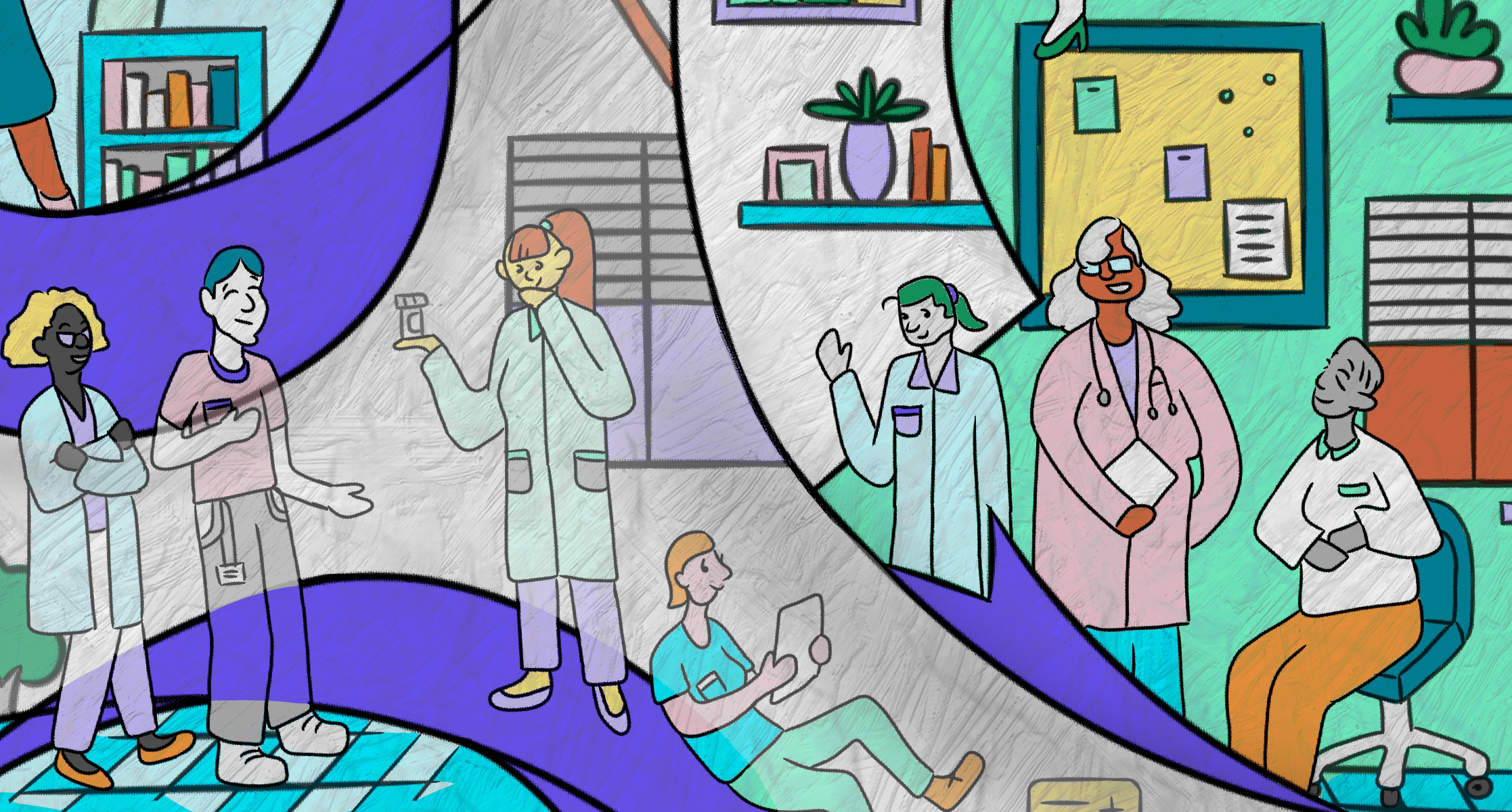Despite some improvements, reports published in recent years suggest primary care in Quebec performs poorly compared to other Canadian provinces in terms of accessibility and coordination.
Quebec’s primary-care system is mainly based on the Family Medicine Group (FMG) model, in which patients are registered with a family physician who works with a team of other health-care professionals, such as nurses, social workers and pharmacists. FMGs were introduced in 2002 in response to challenges faced by the community-based CLSC model, including a lack of integration with the broader health-care system and difficulties in attracting and retaining family physicians. Today, 65 per cent of the population is registered with a family physician working in an FMG.
Twenty years later, primary care in Quebec has not caught up with the rest of Canada. The OurCare survey conducted last year that garnered more than 9,000 responses from across Canada, with more than 2,500 coming from Quebec, provides some answers.
In Canada, close to one out of five adults (22 per cent) report not having a family doctor or nurse practitioner they can see regularly. In Quebec, the situation is worse – one in three (31 per cent) report not having a family physician or nurse practitioner. Although this proportion is slightly higher than reported by the Ministère de la Santé et des Services sociaux in April 2023, the fact remains that for more than 2 million Quebecers, the front door to the health-care system is closed. They have no reliable place to turn when they have new, worrisome problems but also no one to help manage chronic conditions, ensure they receive preventive care or coordinate their journey through the complex health system.

